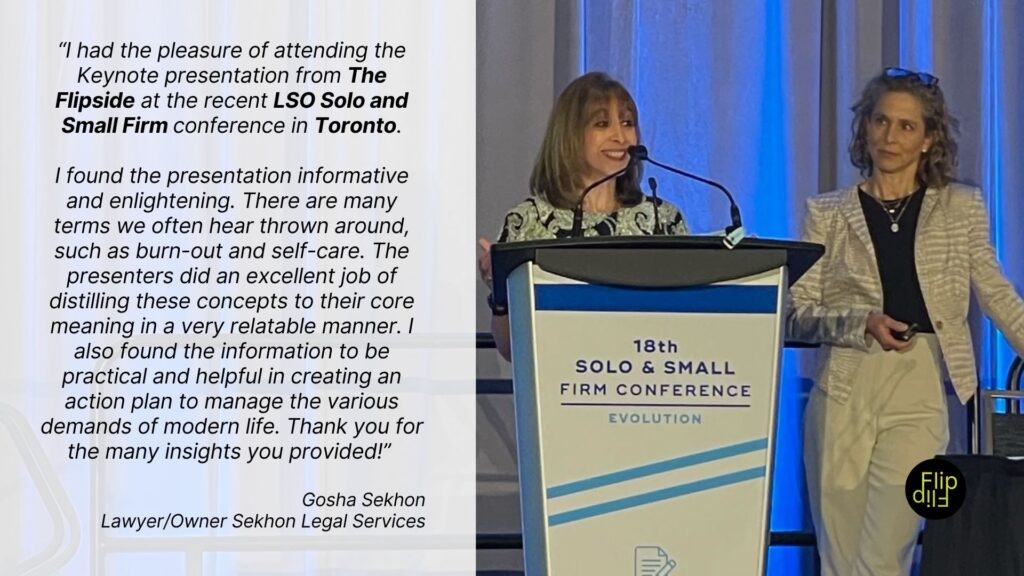Brain
I just forgot what I came here to say…

Are any of these scenarios familiar to you?
- You go into a room to grab your car keys but you totally blank as you step into such room and have no idea what you were looking for.
- You go rushing to a room to speak to someone (in my case, is usually my husband) and very excitedly you announce that you have two things to say, only to realize that one of them is lost somewhere in your brain and refuses to be found.
- Or perhaps the worse…you go into a meeting (or in my case, a speaking engagement), and some of those awesome ideas that had been developing in your brain, make a case for a swift disappearance. In my case, I’ve found myself giving a talk in English while my brain is heavily working in Spanish…
While I don’t wish this on anyone, the reality is that if you are in your mid 40s and 50s, those scenarios may be just too familiar and perhaps, just like me, they have become a topic of conversation with your friends…a conversation that may have some hiccups as we all try to find the words and ideas that we want to share.
Well, this brain of ours if a magnificent gift, and it was not given to us defective. Not at all. It is simply that it is going through some very powerful renovations (which, it goes without saying, we didn’t ask for, nor paid for).
As we increase in wisdom (some people call it aging), the expected (but unwelcomed) decrease in estrogen that is part of the so called perimenopausal stage of our lives, creates a complicated situation for our brain. Up until then, our brain and our estrogen levels have been in a very peaceful relationship. However, during perimenopause, estrogen levels start to fluctuate as it begins the road to a total decline. Continuing with the relationship analogy, is as if estrogen has informed your brain and mine that it wants to break up, but it will do so progressively, giving time to the brain to adapt to this new normal.
If you have been following perhaps you noticed that the word I used was “adapt”. Our brain requires time to adapt to this new situation and in doing so and as it tries to accommodate the estrogen fluctuations, it begins to act “funny”, and this is when some of us, start walking into rooms wondering why exactly we are there. Of course, this is a simplified example of what brain fog is.
During times of change and adaptation, we should provide our brain with tools to cope with this transition. Is like telling your brain to go to therapy, but in this case, we are our own therapists.
Some helpful tools
Here are several tools to consider (like we always say, start with one and only when you have become used to it and use it regularly, move to the next):
- Write things down – during this time, pen and paper are your best friends. If you are more inclined to use technology the “notes” app on your phone is a great tool to use. Write ideas as they come and keep your notebook (or phone) nearby and don’t be shy to pull it out when something you remember comes up.
- Surround yourself with routines – your brain loves routines. It actually thrives on routines. Create as many routines as you possibly can to avoid overwhelming it with new things and activities every day. Think about regular eating times, regular bedtimes and so on.
- Engage in brain boosting activities – here, the sky is the limit. Reading (extra points if you speak another language and can read in both), playing mind games, learning a new skill are some of the things you can do to help your brain stay sharp.
- Sleep – Sleep is as essential to your brain as it is to your body. This is the time when you brain is very active trying to clean up the debris from the day, fixing memories, and many more activities. Trying to create a night routine will have a great impact on the quality of your sleep and you will feel your brain sharp the next day.
- Engage in physical activity – exercise seems to be a “cure all” solution, but it is true. While it cannot solve all of your problems, exercise or any form of daily movement, not only will benefit you physically, but it will also have a positive impact on your mental wellbeing and on the health of your brain.
- Eat for your brain – At the risk of sounding like a broken record, it is time to think about food from a different perspective. Go beyond calories and macros and think of food as the sustenance for your brain. The better the quality (not quantity) of the food you eat, the bigger the benefits for your brain.
Finally, like most things in life, observation is key and will help you identify what situations or factors contribute to an increased brain fog. For instance, you may notice that on days when you have slept less than 5 hours, you have a harder time focusing and expressing your ideas (this can happen even when you are 20 and your estrogen and brain are in a honeymoon face). Other days, you may notice that your brain fog is more noticeable when you are going from one meeting to the next without a few minutes to reduce your stress response.
You can’t fix something if you don’t know it is broken. So, take time to observe, take note of what needs work and act.
Cheers to a sharp brain!
MV
The knowledge shared in this article is part of our FlipTracks Module on Women’s Health and a key session in our workshop, Women 40+ – Time to Flip Some Habits. These programs combine insights into how the brain and the health of women shift with age and provide practical tools to help you navigate a healthy and productive transition. While Menopause is inevitable, you can learn the science behind it and tools that can have a positive impact on how you face this stage of life.





